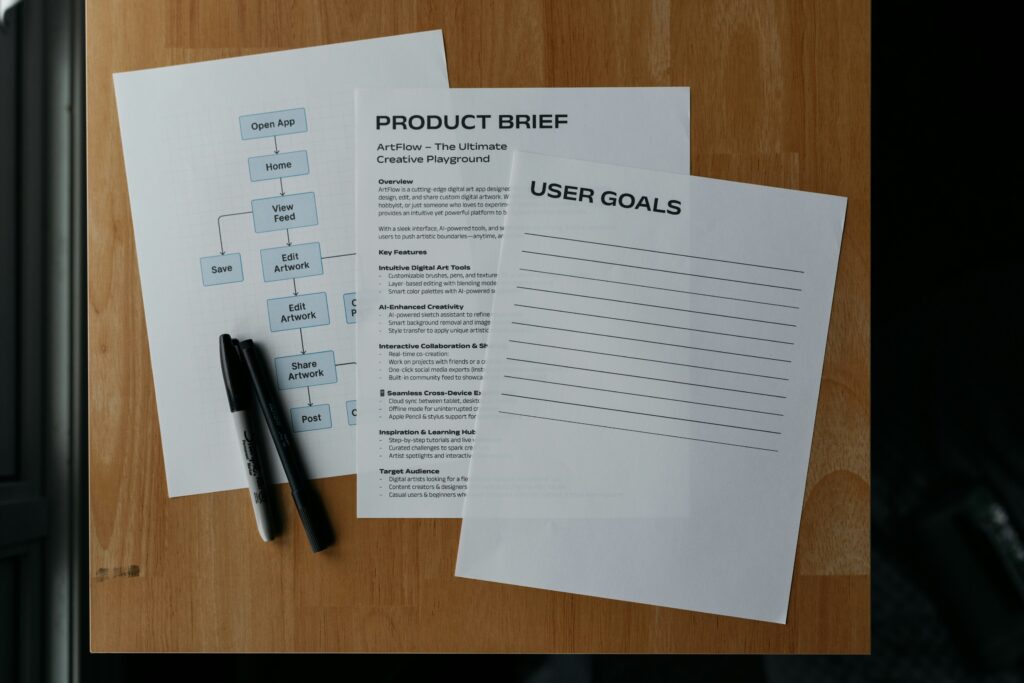Why Aren’t More Companies Talking About Japan’s Hidden Sales Barriers?

After years of helping global clients enter and grow in Japan, we’ve noticed the same pattern across the market. Many companies arrive with the exact approach and model that made them successful overseas. But to their surprise, it doesn’t have the same impact here.
Why? Because Japan plays by different rules. Our business culture has unique expectations, and without understanding them, even world-class products can fall flat.That’s why we’ve launched our mini-series “Oi Listen Up! The Top 5 Sales Barriers Every Company Faces When Entering Japan” to show how to sidestep the most common pitfalls. In our first episode, we’re tackling the challenges that appear before the sales conversation even begins.
1. The First Sale Is Reputation
In many countries, business development is a numbers game. Cold calls, bulk emails, autopilot marketing and LinkedIn messages are considered standard practice. But in Japan, this approach rarely works as large companies place enormous value on existing relationships and trusted introductions.
That means your first barrier is credibility. To get a foot in the door, you need introductions from consultants, industry insiders, or partners who already have an established reputation in Japan. Participating in industry events or collaborating with Japanese agents can also give your business the “social proof” it needs to be taken seriously.
2. Rabbit-Hole Preparation
Now, let’s say you secure a meeting. Congrats! But know you’re stuck not knowing what or how much you need to prepare.
Working overseas you may usually treat the first meeting like a discovery call. An opportunity to gather information and discuss synergies. But, as you may have predicted, over here in Japan it’s different. In fact, clients expect you to already know them inside and out ahead of that first meeting. Meaning that they will judge how deeply you’ve researched their company, industry, and challenges.
So, you’re going to have to dig deep into the archives. Start with reading financial reports, analyzing competitors, studying market trends, and even forming hypotheses about the issues their division may be facing. By showing up with this level of preparation, you position yourself as more than a salesperson, you become a trusted advisor or partner who can highlight needs they might not have recognized themselves.

3. The Meaning Behind Rituals
Finally, there’s the layer of rituals in Japanese business culture: exchanging business cards, bowing, attending dinners, and even offering seasonal gifts. Each one is a powerful signal of respect and relationship-building.
Clients assess your character through how you handle these customs. Do you offer your card with both hands? Do you show genuine effort to understand etiquette? Even if you don’t get it perfect, the attempt itself builds trust. Ignoring or downplaying these rituals, on the other hand, can close doors quickly.
Why This Matters
These three walls of introduction, preparation, and rituals aren’t just cultural quirks, they’re a test. A test to see whether you’re serious, respectful and willing to adapt. Pass these barriers and you’ll be onto the next level of building relationships in Japan.
What’s Next
In the next episode, we’ll go deeper into another major barrier that many of our clients face. That is, understanding and overcoming the complex decision-making processes inside Japanese corporations. If you’re currently struggling to speed-up decisions with clients in Japan we’ll help you unravel why it’s so hard
You can watch the first episode here
Tired of hitting these walls and need tailored advice? Reach out to us at YOUNEEDS Ltd. We specialize in guiding overseas companies through the unique challenges of the Japanese market.
Stay tuned for the rest of the series!






